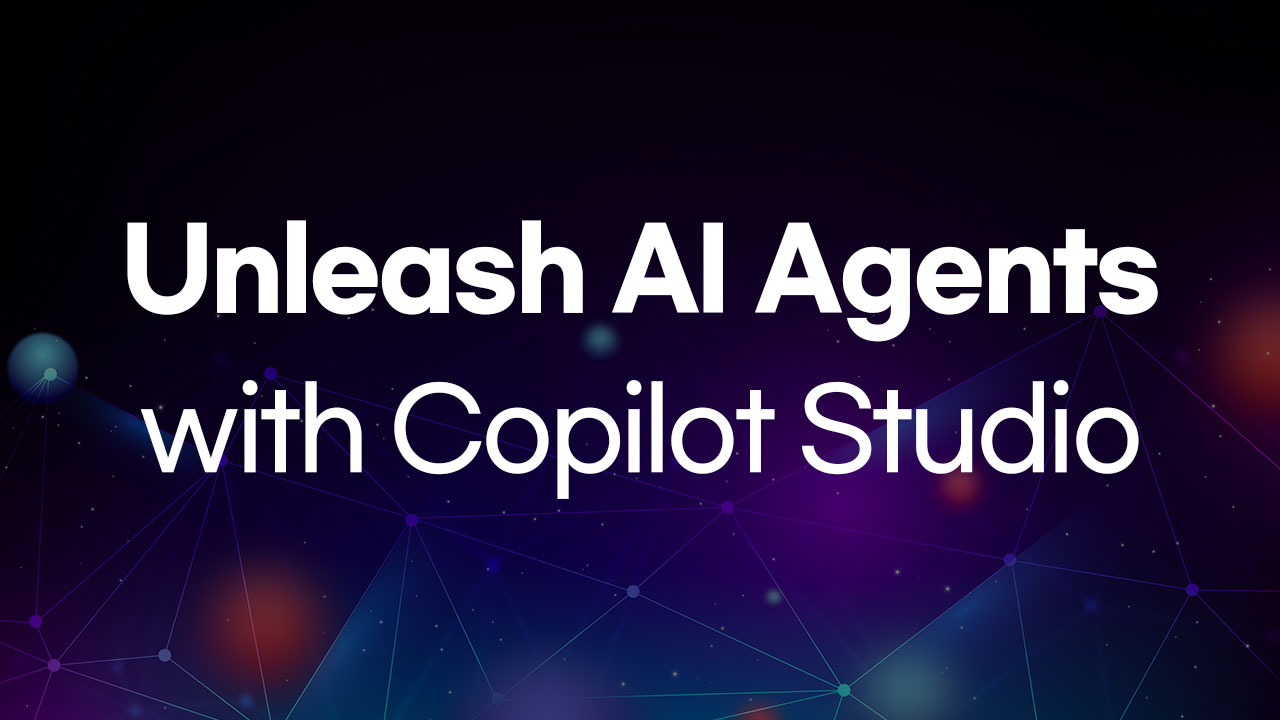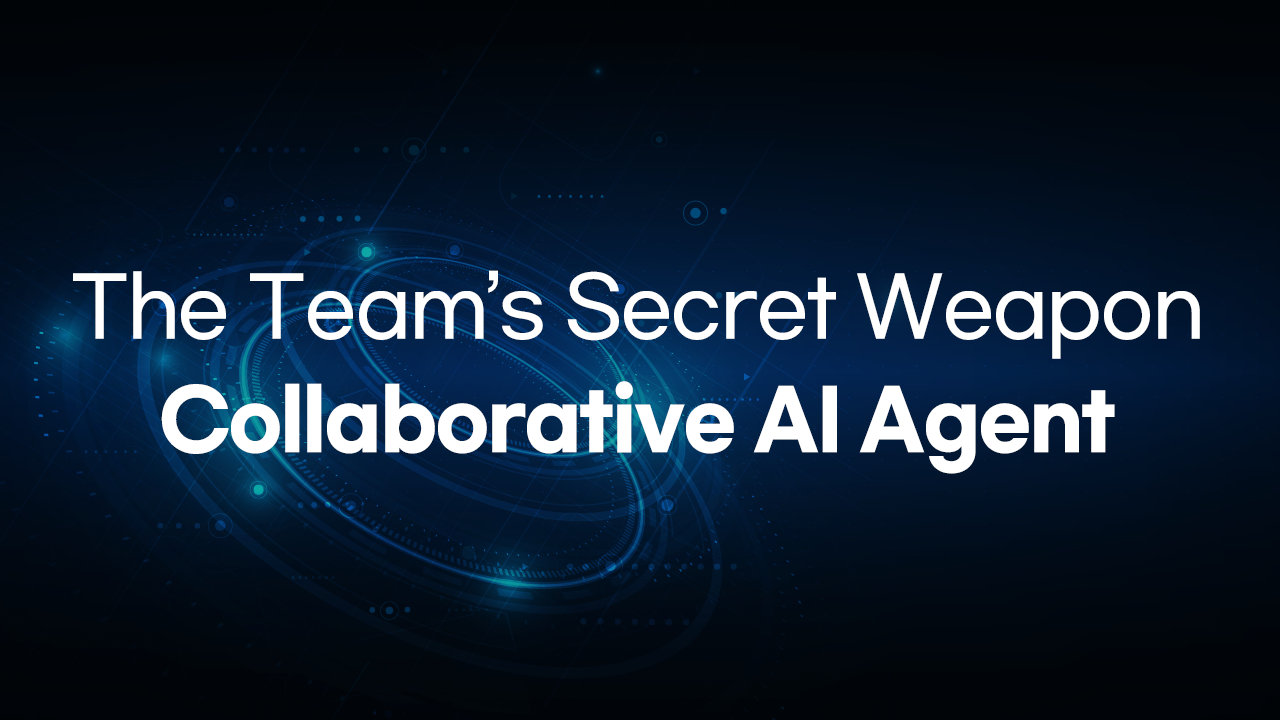Building Trusted AI Infrastructure with Azure for Innovation
Many enterprises have systematically built the foundation of their IT ecosystems well before the full-scale emergence of AI-driven innovation. Today, these leading organizations are modernizing their infrastructure, data management, and analytics capabilities to establish clear and practical roadmaps for AI adoption. By proactively redesigning their IT environments optimized for AI, they recognize the potential to maximize business insights and competitive advantage offered by AI technologies.
AI Innovation Realized in the Cloud
Traditional business systems and models have evolved gradually over time but were not inherently designed to support AI-driven workloads. To effectively accommodate the exploratory and iterative nature of generative AI, a fundamentally new approach is required.
Generative AI applications learn from unstructured data inputs and continuously improve based on dynamic, nonlinear algorithms. The rise of large language models (LLMs) and small language models (SLMs) is driving organizations to fundamentally rethink and innovate across their infrastructure, system integration, data processing methods, and security frameworks to successfully adopt AI.
Four Key Factors for Successful AI Implementation
Achieving meaningful innovation through AI requires a combination of multiple factors within an organization. Among these, four core areas stand out as critical determinants of the success or failure of AI projects.
1️⃣ Purpose-Built Infrastructure
An AI infrastructure strategy is a critical factor that can determine a company’s future competitiveness—it can either accelerate or hinder an organization’s AI adoption journey. In fact, 56% of organizations report lacking the proper infrastructure to support their desired AI workloads, and 41% of business leaders identify infrastructure as the area most in need of support for AI initiatives.
To overcome these limitations, scalable and flexible cloud-based infrastructure is essential. The cloud provides the performance and flexibility needed to elastically scale resources, enabling reliable execution of AI workloads without the constraints of physical hardware.
In industries handling sensitive data, such as finance and healthcare, multi-layered security architectures, threat intelligence, network security, data encryption, and real-time access controls ensure both data protection and regulatory compliance. Additionally, cloud infrastructure enables operational efficiency through consumption-based cost optimization.
Infrastructure Requirements for Successful AI Adoption:
- Bridging technology gaps
- Strong security
- Modernized legacy systems
- Aligned workload orchestration
2️⃣ Adaptive Cloud
Adaptive cloud is a cloud-based strategy that facilitates the integration of technology services and applications across the organization, enabling greater flexibility and agility in operations. This approach connects siloed teams and complex systems across hybrid, multi-cloud, edge, and IoT environments, providing a framework that allows organizations to respond swiftly to rapid shifts in technology and market demand.
By unifying distributed personnel and resources, adaptive cloud enhances collaboration efficiency and empowers teams to channel their specialized capabilities into AI development and business innovation. As a result, organizations can better anticipate technological trends, customer needs, and industry changes—building a dynamic cloud environment that supports strategic responsiveness.
3️⃣ Intelligent Data
Intelligent data refers to specialized tools and systems designed to integrate diverse organizational data and make it usable for advanced analytics and AI models. With this foundation, teams can build high-performance AI applications that generate actionable insights and support context-aware decision-making with greater precision
The success of an AI project hinges on how data is utilized—high-quality data enables more accurate predictions and trustworthy outcomes, directly contributing to a business’s competitive edge. To maximize the effectiveness of AI solutions, it is essential to ensure data is relevant, accurate, and timely.
Unlocking the full potential of AI requires access to intelligent data. Beyond being a technical requirement, this access is a strategic enabler for advanced AI capabilities and market differentiation.
Organizations can pursue data integration through cloud-based or hybrid solutions to achieve enterprise-wide visibility and effectively manage security and compliance requirements. A centralized cloud platform streamlines the storage, management, and access to data, making it readily available for AI projects whenever needed.
4️⃣ Trust
The successful adoption of AI and advanced technologies is built on a foundation of trust. This trust must be supported by robust security frameworks, strict data governance, and responsible AI development and operational principles. Confidence that AI solutions are secure from threats, compliant with regulations, and ethically designed is a critical factor in establishing and maintaining trust among organizations and users alike.
As AI becomes central to business operations—and as cyber threats intensify—cloud-based security architectures offer an effective solution to address these challenges. The cloud provides integrated advanced security features across hybrid and multi-cloud environments, offering a level of protection that is often difficult to achieve in traditional on-premises setups.
Specifically, cloud environments enable the implementation of a Zero Trust security model through technologies such as:
- Identity and Access Management (IAM)
- Multi-Factor Authentication (MFA)
- Micro-segmentation and network isolation
- Data encryption
- Continuous threat detection and monitoring
These security systems help safeguard AI solutions and data assets from a wide range of cyber threats including data breaches, ransomware, and DDoS attacks, while ensuring that the use of AI remains responsible and sustainable.
Key Consideration When Choosing a Trusted Partner for AI Implementation:
- A clear commitment to privacy and data protection
- Ingrasturcture with built-in security and resilience
- A framework for responsible AI development
- Ongoing technological investment to strengthen security capabilities
The ability to drive innovation through AI is becoming a key factor for long-term success and market competitiveness for many organizations. Microsoft Azure offers a comprehensive suite of tools and services that support the entire AI lifecycle—from data collection and storage to model training and deployment. Azure’s adaptive cloud infrastructure also provides a centralized management environment that breaks down organizational silos, enables deeper insights from data, and facilitates the development of trustworthy AI solutions. For more information, please refer to the brochure below.
Related Posts

Cloocus Corp.
[United States] 500 7th Ave. Fl 8 New York, NY 10018 | Tel.+1 408.7722024 | E-mail.info_us@cloocus.com
[Malaysia] A-3A, Block A, Level 3A, Sunway PJ51A, Jalan SS9A/19, Seri Setia, 47300 Petaling Jaya. | Tel.+6016 331 5396 | E-mail.infoMY@cloocus.com
[Korea Headquarter] 6, Nonhyeon-ro 75-gil, Gangnam-gu, Seoul, Republic of Korea 06247 | Tel.02-597-3400 | E-mail.marketing@cloocus.com
[Korea Busan Campus] 55, Centum jungang-ro, Haeundae-gu, Busan, Republic of Korea | Tel.051-900-3400
[Japan] ARK Hills Front Tower, 2-23-1 Akasaka, Minato-ku, Tokyo | Tel.+81 3.5575.7808 | E-mail.infoJP@cloocus.com
Copyrights 2024 Cloocus co.,ltd. all rights reserved.




